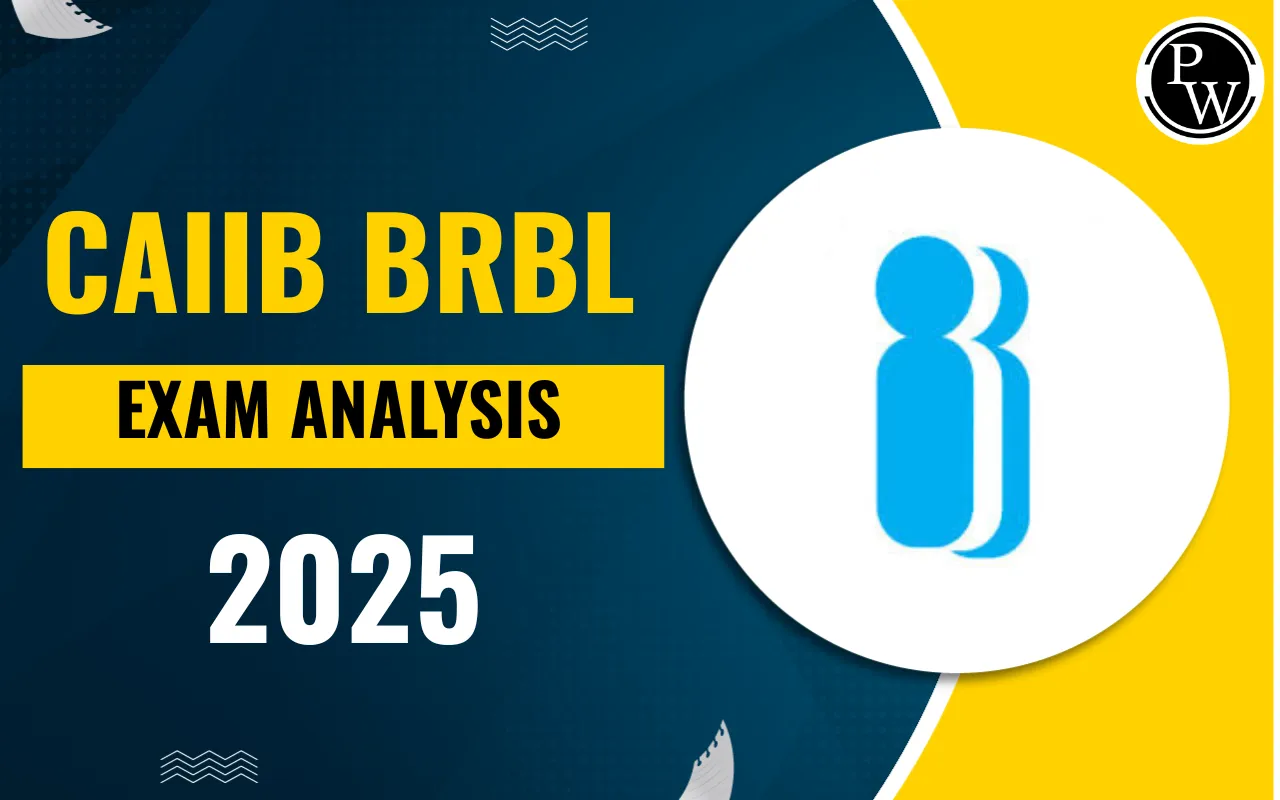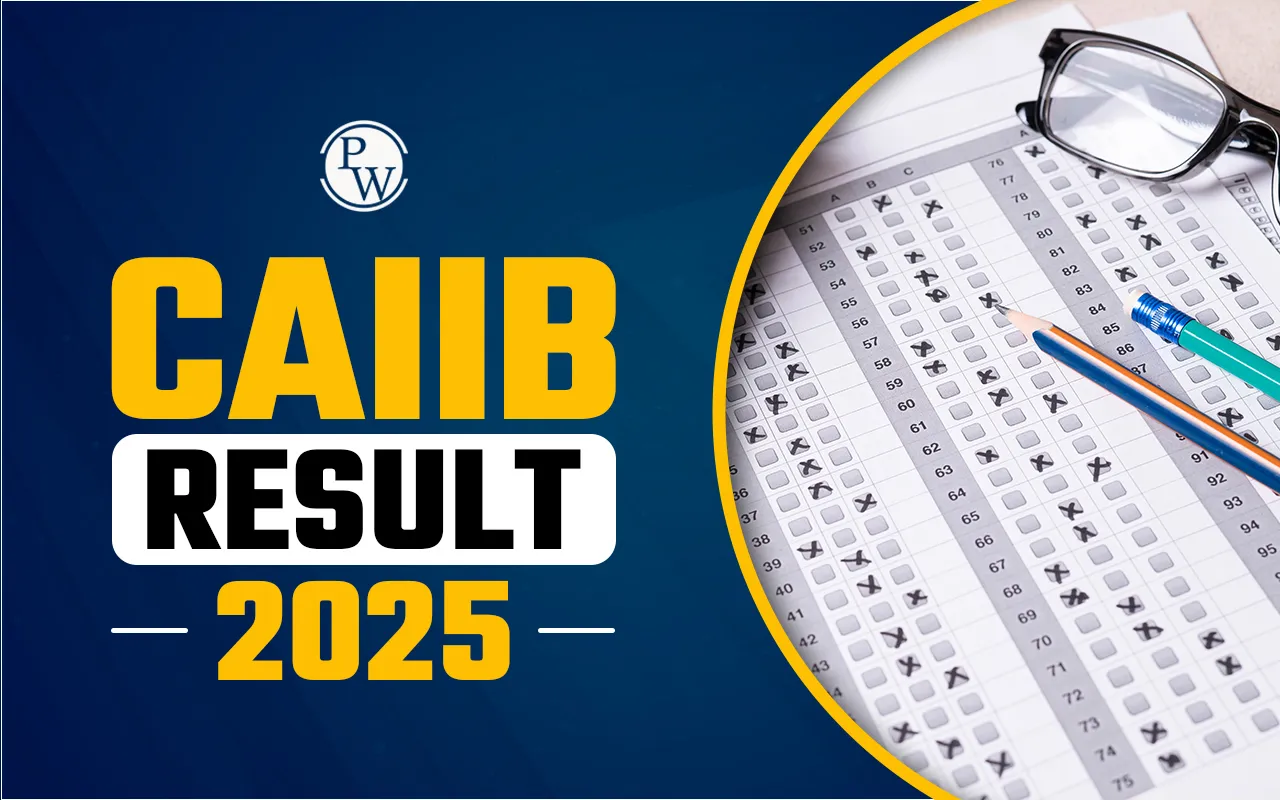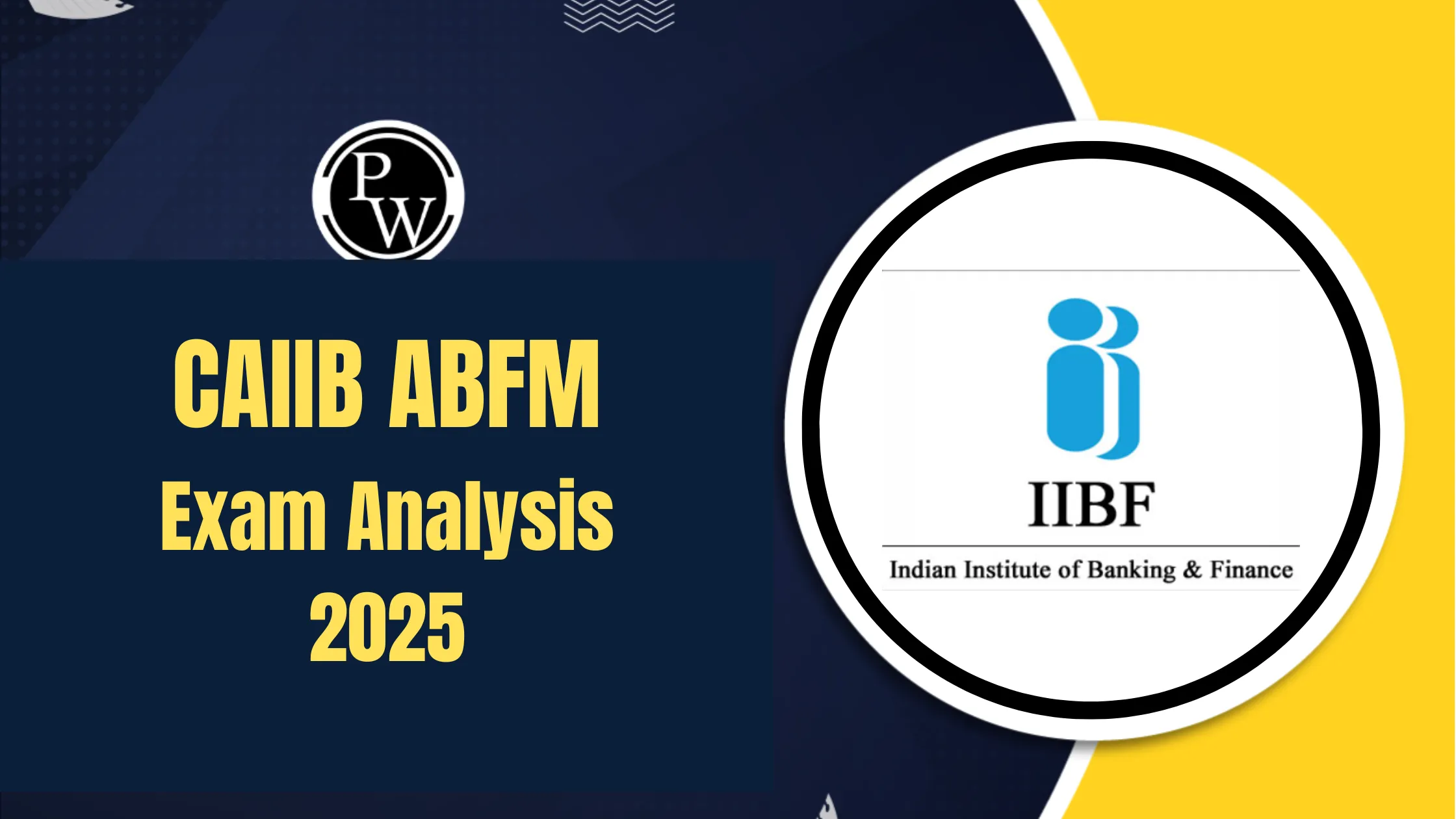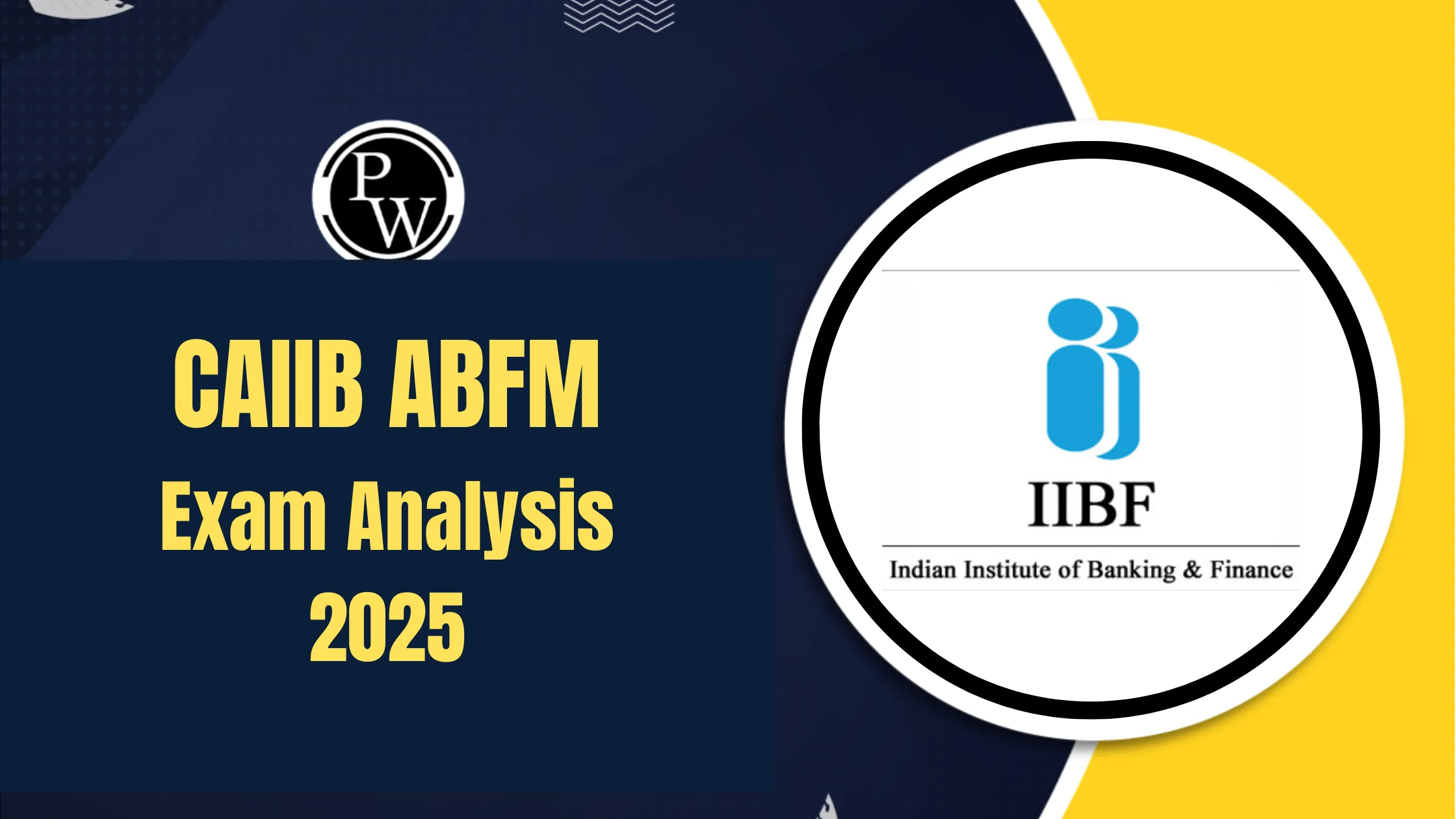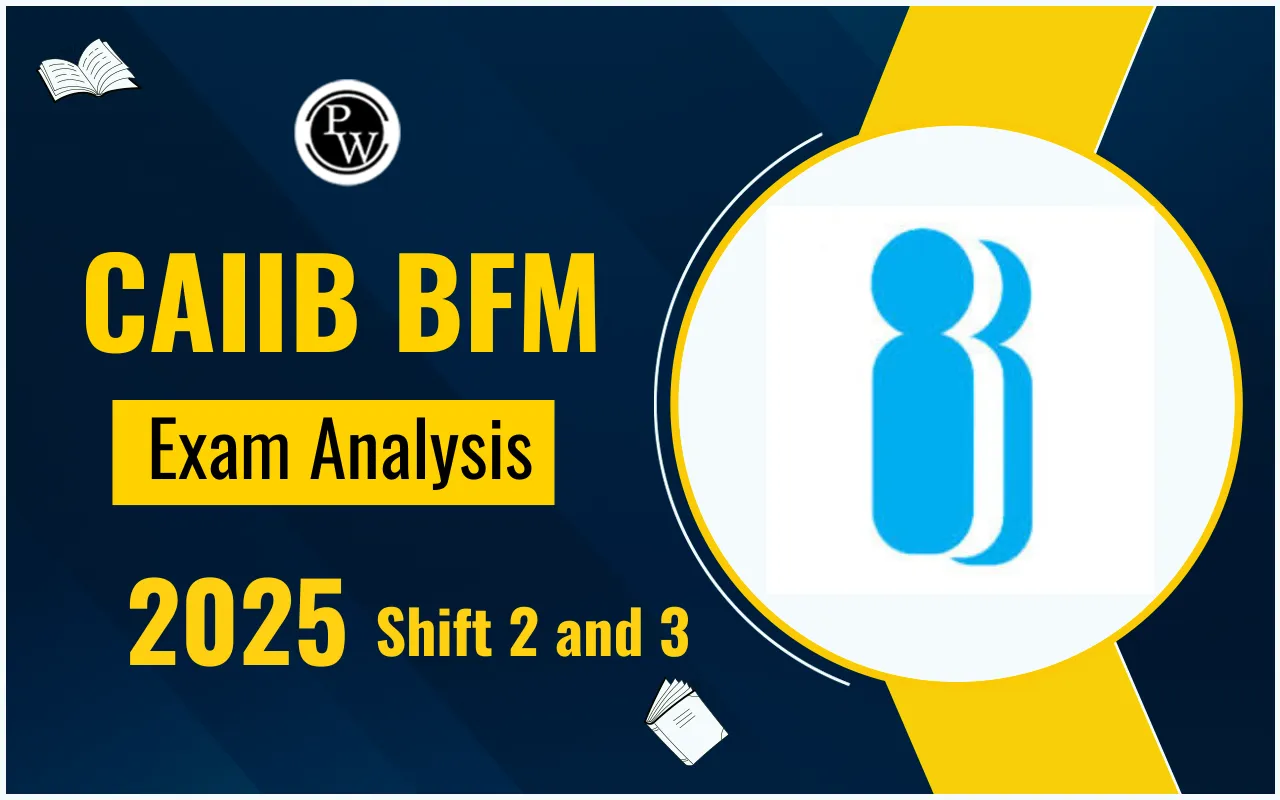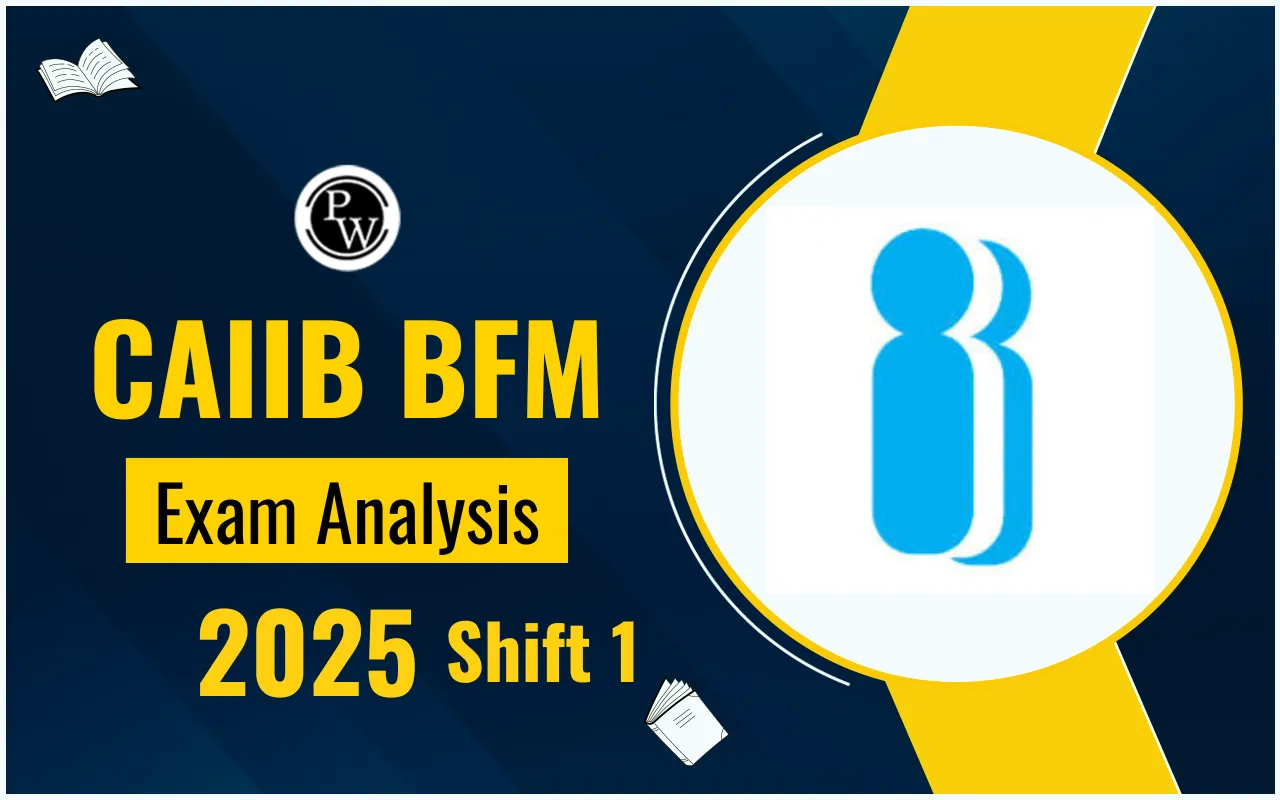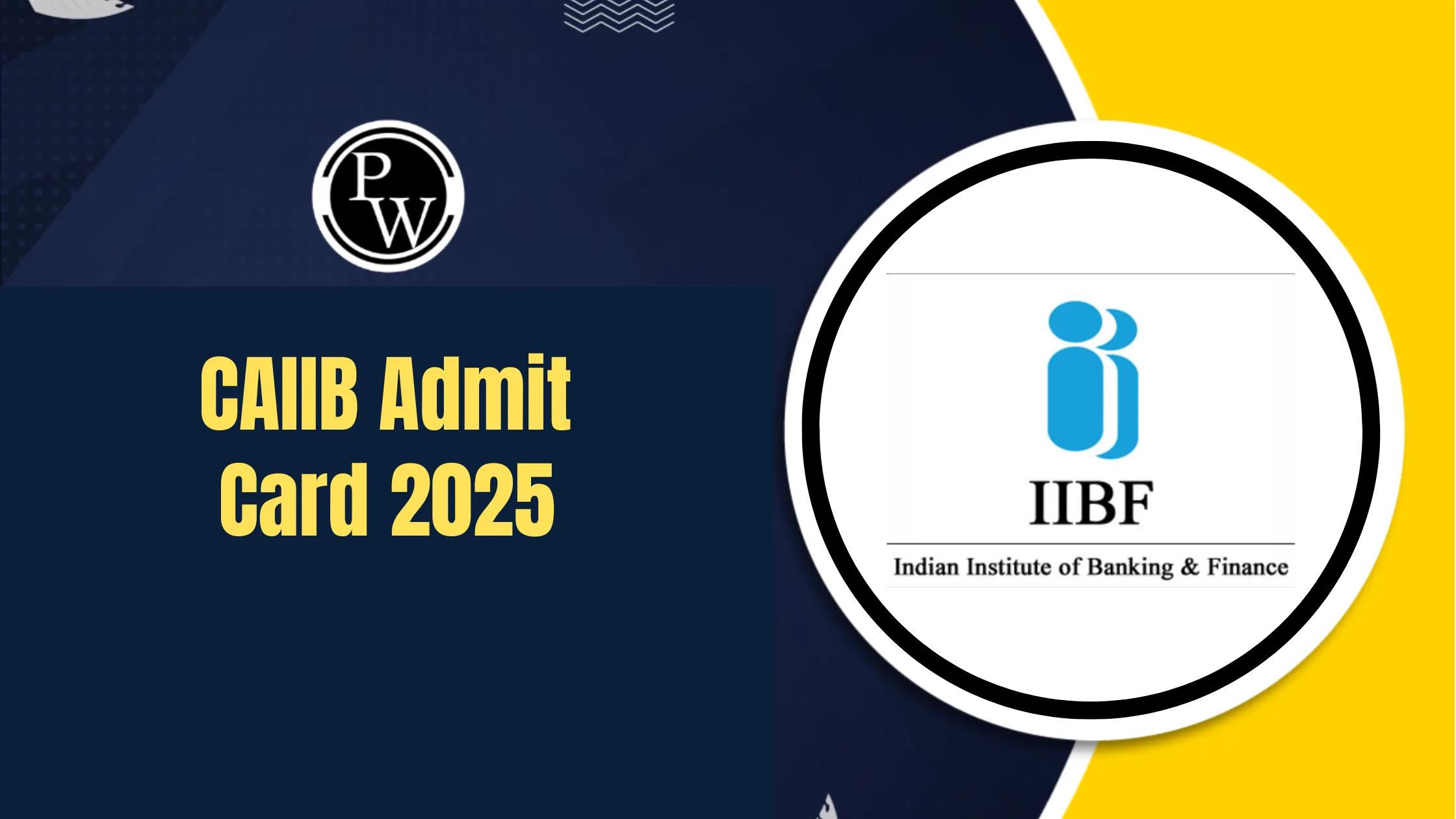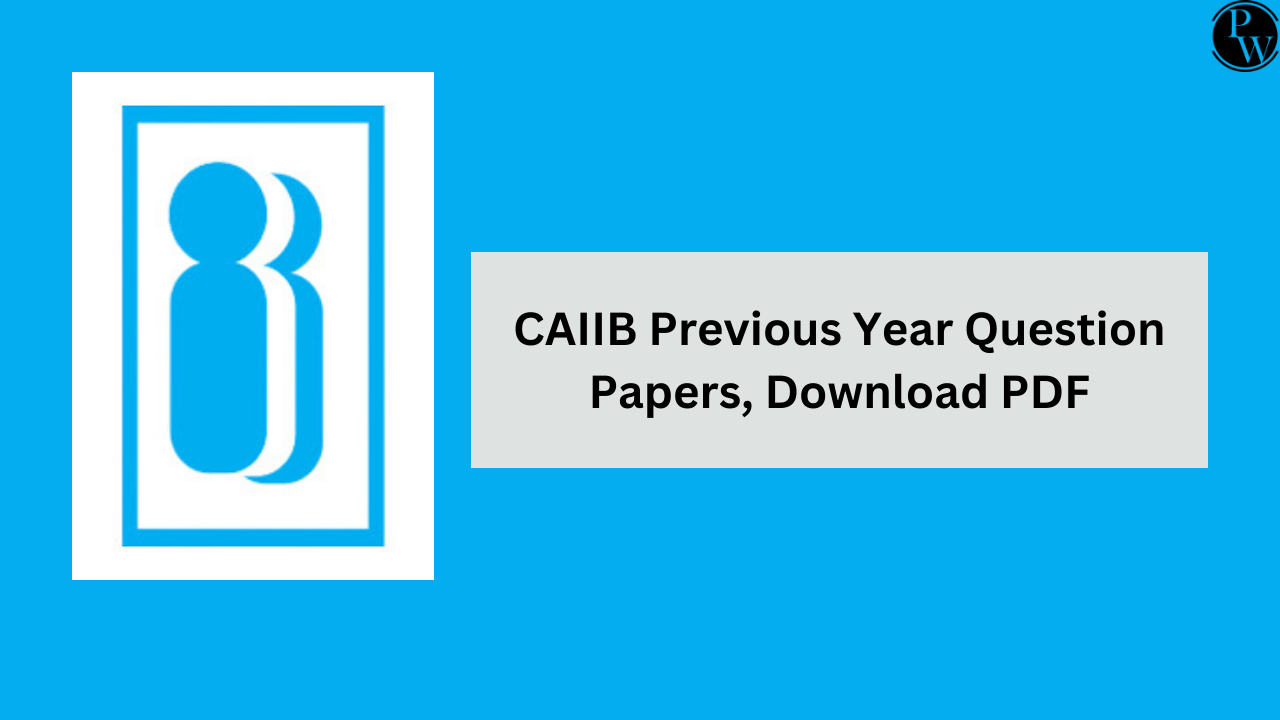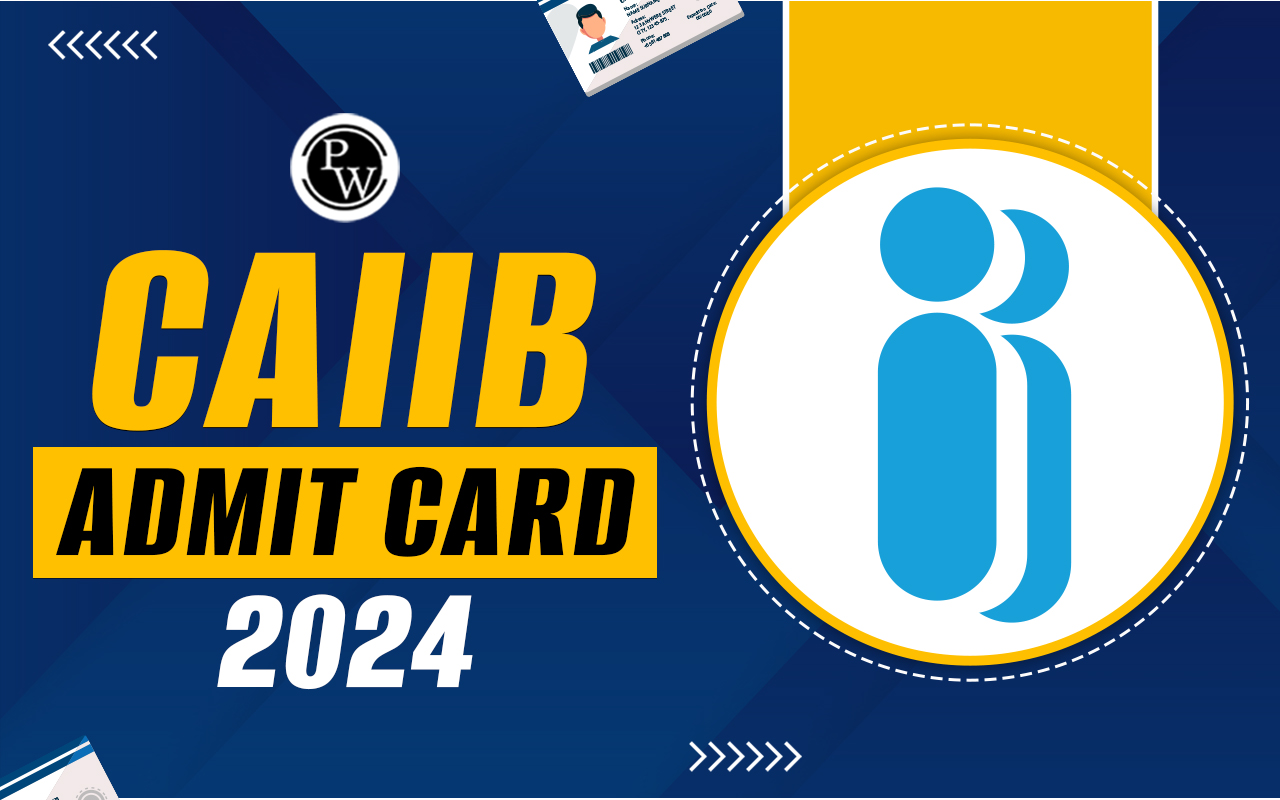

CAIIB BRBL MCQs 2025: CAIIB is a leading professional certificate course for bankers with JAIIB Certificate that provides financial benefits organized by the Indian Institute of Banking and Finance (IIBF) twice a year. CAIIB BRBL 2025 Exam is scheduled on 28th June 2025 as per the details released at the official website @www.iibf.org.in. The module is designed to provide a comprehensive understanding of commercial laws and regulations that impact banking operations, helping candidates apply legal principles effectively in their banking careers.
CAIIB BRBL Module D covers "Commercial & Other Laws with Reference to Banking Operations." This module is part of the CAIIB (Certified Associate of Indian Institute of Bankers) Banking Regulation and Business Laws (BRBL) paper.
CAIIB BRBL MCQs 2025
CAIIB’s Banking Regulation and Business Laws questions allow candidates to practice extensively, strengthen their conceptual understanding and build confidence. There are 100 questions , each carrying 1 mark in the CAIIB Banking Regulation and Business Laws paper exam consists of 100 questions and each question carries 1 mark. There is no negative marking for wrong answers and CAIIB BRBL Exam should be completed within the stipulated time. Have a look at the CAIIB BRBL MCQs Module D Questions.CAIIB BRBL MCQs Module D Questions
CAIIB 2025 Banking and Finance Professional Exam to be held on 28th June 2025. Candidates must practice questions for each compulsory and optional paper to crack the exam. PW team has organized CAIIB BRBL MCQS 2025 Module D Questions which are useful for candidates to analyze their performance and prepare to face the actual exam with confidence.Q1. On whose default is the promise of discharge of liability given in the contract of guarantee?
a. Subsidiary debtor
b. Principal debtor
c. Principal Guarantor
d. All Above Ans: b. Principal debtor
Q2. Which of the following is not an essential element of a valid contract under the Indian Contract Act 1872
a. Lawful Consideration
b. Competent Parties
c. Legal Form
d. Free Consent Ans: c. Legal Form
Q3. The person in respect of whose default, the guarantee is given is called _______
a. Principal debtor
b. Principal Creditor
c. Principal Surety
d. Principal Bailee Ans: a. Principal debtor
Q4. What is a sound mind of the purposes of contracting
a. A person is said to be of sound mind for the purposes of making a contract, if at the time when he makes it, he is capable of understanding it and forming a rational judgement as to its effect upon his interest.
b. A person is said to be of sound mind for the purposes of making a contract, if at the time when he makes it, he is capable of understanding it
c. A person is said to be of sound mind for the purposes of making a contract, if he is capable of understanding it and forming a rational judgement as to its effect upon his interest.
d. A person is said to be of sound mind for the purposes of making a contract, if at any time when he makes it, he is capable of understanding it and forming a rational judgement as to its effect upon his interest.
Ans: a. A person is said to be of sound mind for the purposes of making a contract, if at the time when he makes it, he is capable of understanding it and forming a rational judgement as to its effect upon his interest.
Q5. The person delivering the goods for achieving some purpose and get returned the same after completion is called
a. Bailee
b. Pledgee
c. Bailor
d. Agent Ans: b. c. Bailor
Q6. Which of the following is not a feature of a contract of guarantee?
a. It involves three parties: the creditor, the principal debtor, and the surety.
b. The surety is liable for the debt or obligation only if the principal debtor fails to perform.
c. It must be in writing to be enforceable.
d. The surety is primarily liable, and the principal debtor is secondarily liable. Ans: d. The surety is primarily liable, and the principal debtor is secondarily liable.
Q7. In a contract of guarantee, what happens if the creditor, without the surety's consent alters the terms of the contract with the principal debtor?
a. The surety remains liable for the altered terms
b. The surety is discharged from liability
c. The surety's liability is reduced
d. The surety's liability is increased. Ans: b. The surety is discharged from liability
Q8. The delivery of goods by one person to another for some purpose upon a contract that they shall when the purpose is accomplished be returned or otherwise dispose of upon discretion of the delivering person the contract is called
a. Bailment
b. Indemnity
c. Contingent Contract
d. None of above Ans: a. Bailment
Q9. Which of the following could be said as the rights of bailee?
a. Right to claim compensation for any looses
b. Right to claim all the expenses incurred in keeping or protecting goods
c. Right to retain/lien the goods until charges are not paid
d. All of the above Ans: d. All of the above
Q10. It the bailee, without the consent of the bailor mixes the goods of the bailor with his own goods in such a manner that it is impossible to separate the goods bailed from the other goods and deliver them back, the bailor is entitled to be
a. Compensated by the bailee for the 1/3 of loss
b. Compensated by the bailee for the 1/2 of loss
c. Compensated by the bailee for rupees 500
d. Compensated by the bailee for the loss of the goods. Ans: d. Compensated by the bailee for the loss of the goods.
CAIIB BRBL MCQS, Module D Questions FAQs
Q1. Where can I get the CAIIB BRBL MCQs 2025 for Module D?
Q2. Is it necessary to practice CAIIB BRBL Module D MCQs 2025?
Q3. When is CAIIB BRBL Exam 2025 is scheduled for?


